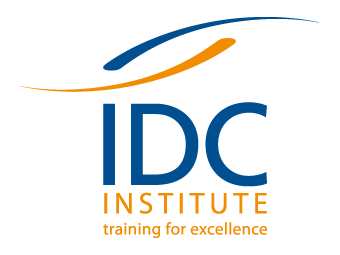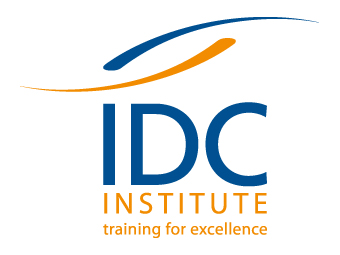
15 Sep International conference in Boston 15 & 16/09/2016
COACHING, LEADERSHIP AND HEALTHCARE : IS THERE A CONNECTION ?
I have just attended an outstanding conference organised by the Harvard Medical School in Boston, on “Coaching in Leadership and Healthcare”. What made it so good? Well, first of all it is quite unusual to see these three subjects being discussed together and I was struck by the number of coaches present alongside the healthcare professionals. Several statistics underlined the importance of this trend. The United States is facing a real dilemma in healthcare: while the overall standard of living is rising, the number of problems associated with obesity, diabetes, drug addiction or chronic illnesses has never been so high.
Where does coaching come into this? Coaches are not healthcare professionals but we do have the tools and techniques to help people overcome problems and achieve a balance in their life. Promoting a person’s well-being is often a key to improving their health.
A few facts and figures speak volumes:
- In July 2016, a specialist publication presented the results of a large-scale study covering 20,000 coachees. It showed marked improvements in biometric indices of health, as well as positive effects on productivity and medical costs. *
- The link between “happiness, excellence and the optimisation of human functionality” has been explored in a study of positive psychology (1999-2013). The factors that have a positive influence on a person’s behaviour include gratitude (in the sense of reframing events to emphasise their positive effects), a heightened awareness that reduces the impact of negative feelings, and coaching. Coaching that focuses on resources/solutions and achieving objectives promotes resilience, diminishes stress and creates a sense of well-being in the workplace for the coachee and others.**
The question was even asked “Are happy leaders better for a company and its staff?” Do they produce better results? Sonya Lyobominsky PhD, author of “The how of happiness” listed the benefits of a positive attitude: the person is more productive, forms more constructive relationships, develops a stronger immune system and a more open attitude to others.
How can this research and these considerations help us in our coaching and in our own personal development? Look for our next article where we will discuss the importance of “emotional agility”, a concept developed by Susan David PhD, the author of many research papers on the subject.
Hélène Aubry Denton
MCC/ICF
* “A cohort study by degrees of health engagement “, Journal of Occupational & Environmental Medicine”, 2016
** “Happiness, excellence and optimal functioning revisited”, Donaldson, S. Dollwet, M & Rao, Journal of Positive Psychology, 2015.

